On 20th March 2025, GROOTS Kenya held a capacity-building training at Outreach Hope Church in Mathare’s Mabatini Ward. The session focused on two critical issues: air quality and waste management. It brought together 40 participants, including 30 grassroots champions and 10 stakeholders from the county government and partner organisations.
This training was part of the broader Breathe Nairobi Initiative—a collaborative campaign aimed at improving air quality in Nairobi’s informal settlements. GROOTS Kenya plays a key role in this initiative by amplifying grassroots voices, especially those of women, and facilitating inclusive, community-led advocacy.
The Burden of Air Pollution in Informal Settlements
Air pollution is a growing problem in Nairobi, especially in informal settlements like Mathare. Here, residents face daily exposure to emissions from open waste burning, heavy traffic, and unregulated industrial activity. With limited government enforcement and inadequate waste disposal systems, these communities suffer the consequences.
Women and children are particularly vulnerable. The health risks include respiratory conditions, hormonal imbalances, and other long-term complications. GROOTS Kenya sees this issue not just as an environmental crisis, but also as a matter of social justice and gender equity.
Topics Covered in the Capacity Building Training on Air Quality and Waste
The training aimed to build awareness and practical knowledge on environmental health. Key areas covered included the causes and effects of air pollution, the constitutional right to a clean and healthy environment (Article 42), and laws such as the Environmental Management and Coordination Act (EMCA) and the Nairobi City County Solid Waste Management Act.
Participants also explored digital advocacy tools and community-led strategies for clean air. Emphasis was placed on the link between poor waste management and air pollution, and how local action can reduce health risks and environmental degradation.
Collaboration Between Communities and Government
The session provided a platform for dialogue between grassroots leaders and county officials. Representatives from the Nairobi City County Government’s environment department were present, including officers responsible for Mathare and Mabatini Ward. This engagement helped build relationships that can support future collaboration, including clean-up drives, air quality monitoring, and awareness campaigns.
Partners such as Kusudi Cause Communication Trust, NAPTA, and SDI-Kenya also contributed to the session, sharing insights and supporting discussions. Their involvement underscored the importance of collective action across sectors.
Health and Economic Effects of Air Quality
Participants held discussions on the impact of air quality—both poor and good. They noted that poor air quality leads to increased respiratory illnesses, hormonal disorders, higher mortality, and slower child development. These conditions place a financial strain on households, particularly those with limited resources.
On the other hand, good air quality improves public health, lowers medical costs, increases life expectancy, and contributes to stronger local economies. These benefits highlight the urgency of addressing air pollution through community-driven efforts.
Mary Njoki on the Cost of Pollution
Mary Njoki, one of the grassroots champions, shared her experience with the effects of air pollution. She developed asthma after years of exposure to toxic smoke from burning waste. She recounted a recent incident where she collapsed on her way home due to inhaling fumes. With no personal funds available, she had to rely on her community group to pay for emergency care.
Her story is a powerful reminder of how pollution silently affects families, both in terms of health and financial stability. It also emphasises why grassroots advocacy is crucial in pushing for cleaner, safer environments.

Clean Air Begins With Community Action
This capacity building training highlighted a critical reality: those most affected by air pollution are also the most prepared to lead change. Despite often being excluded from policy decisions, communities like Mathare possess deep local knowledge and a strong desire to improve their environment.
When equipped with the right information and platforms, grassroots leaders become powerful advocates for clean air and climate justice. GROOTS Kenya remains committed to walking alongside them, ensuring clean air is treated not as a privilege, but as a basic human right.

